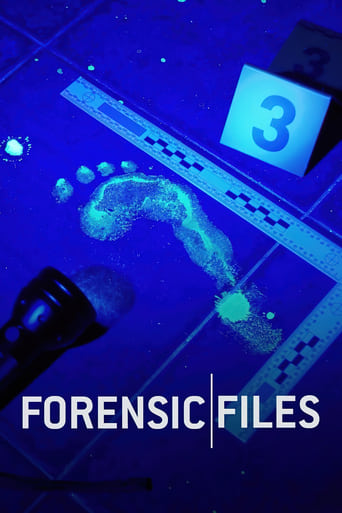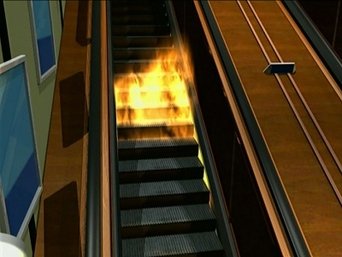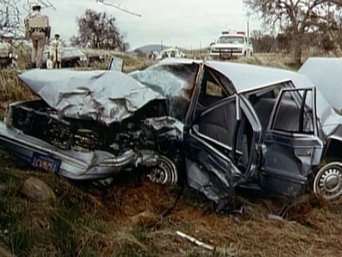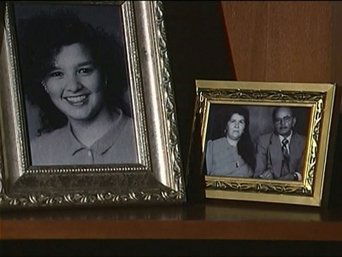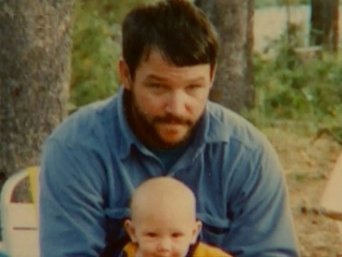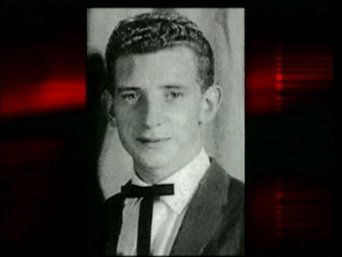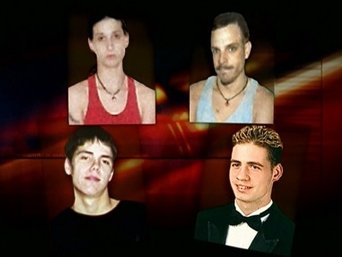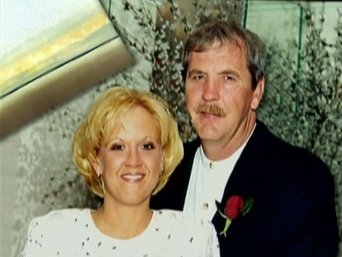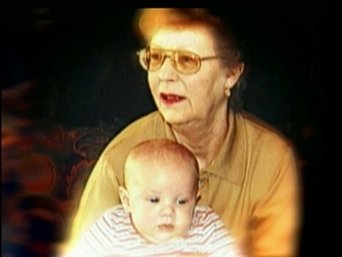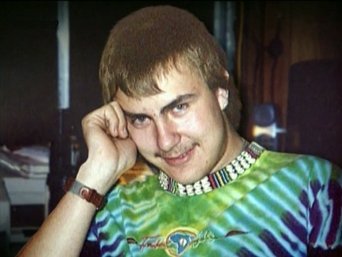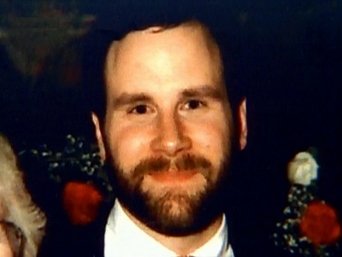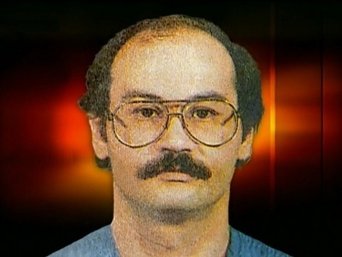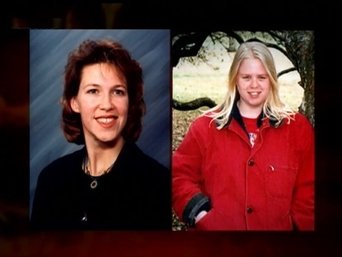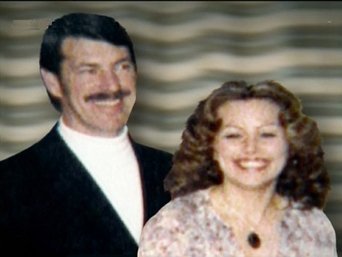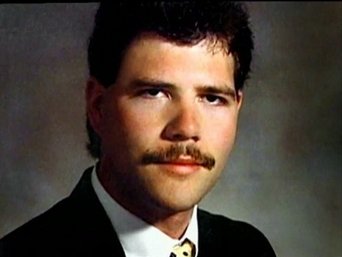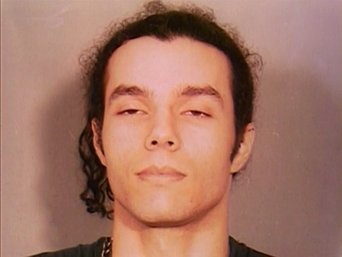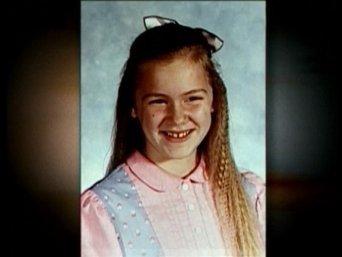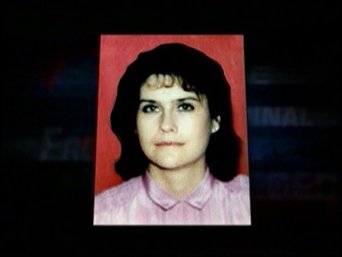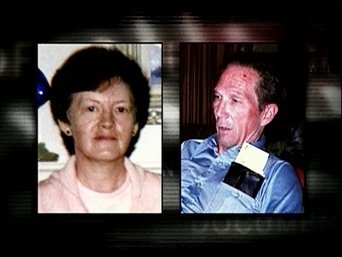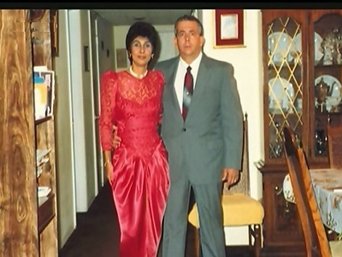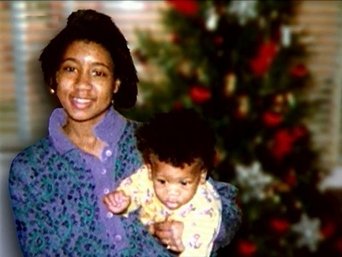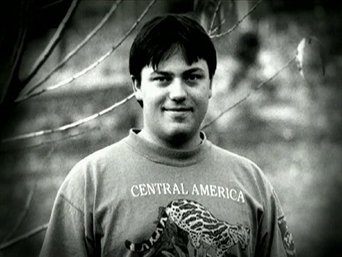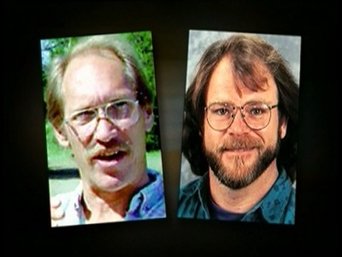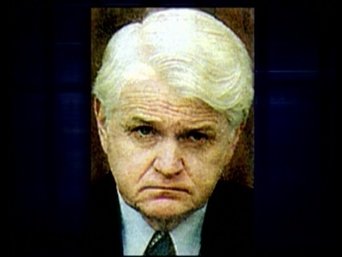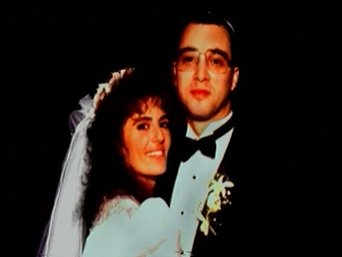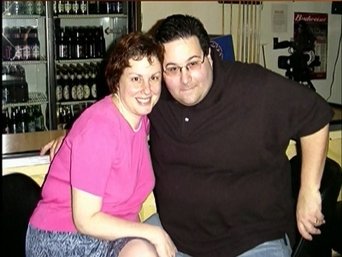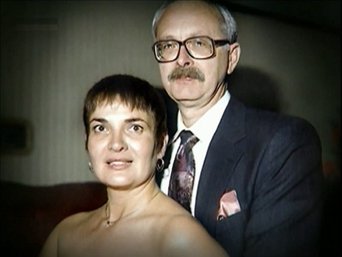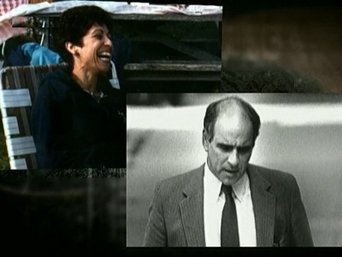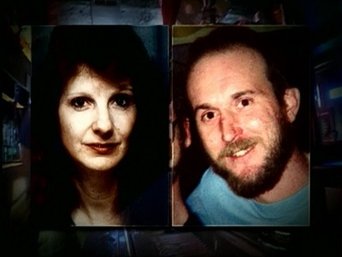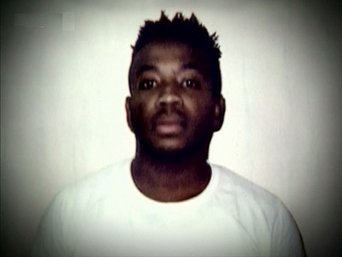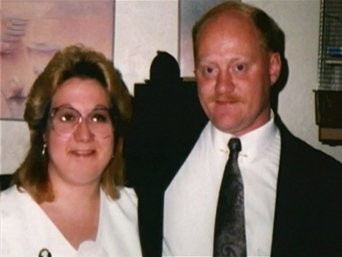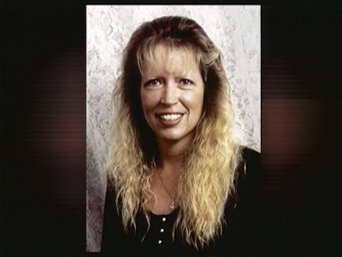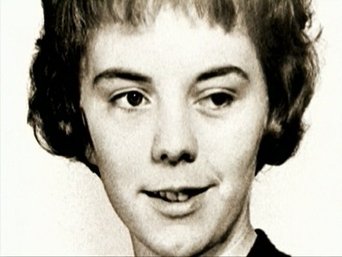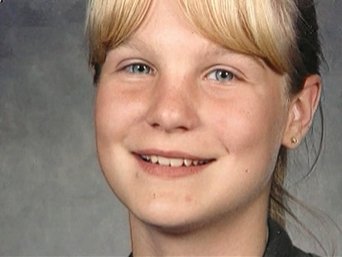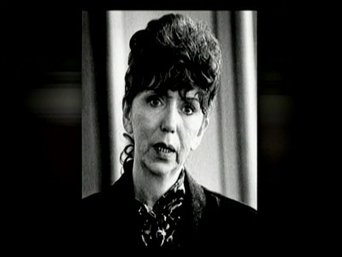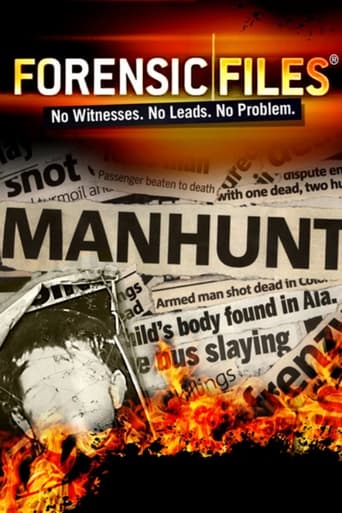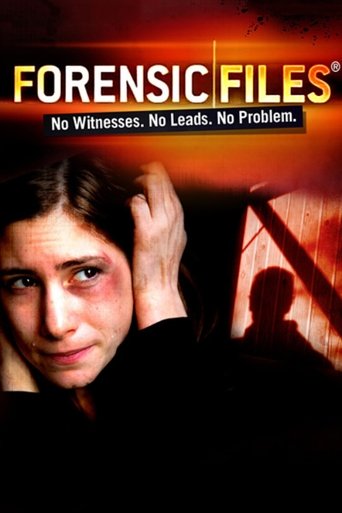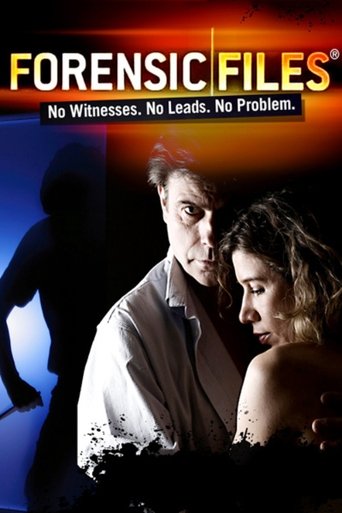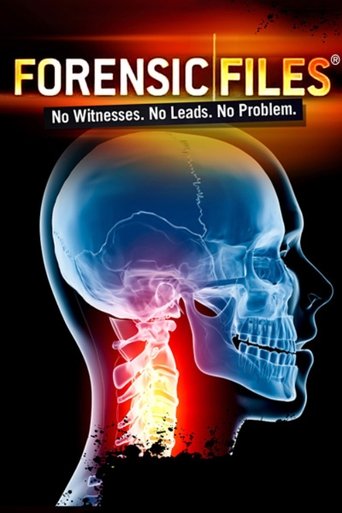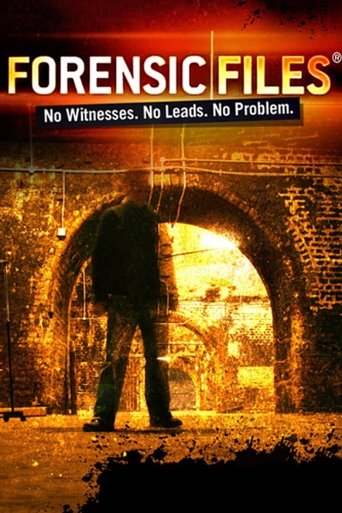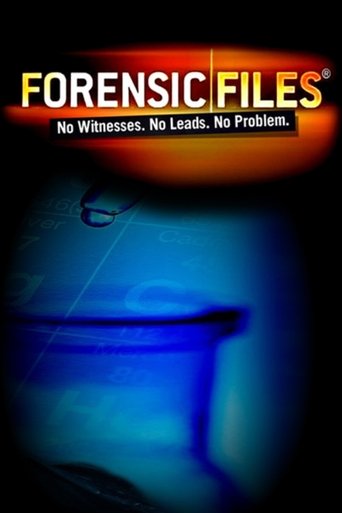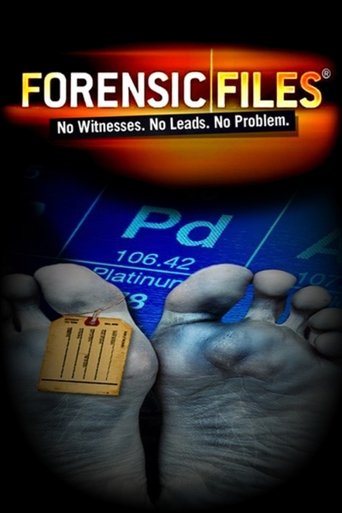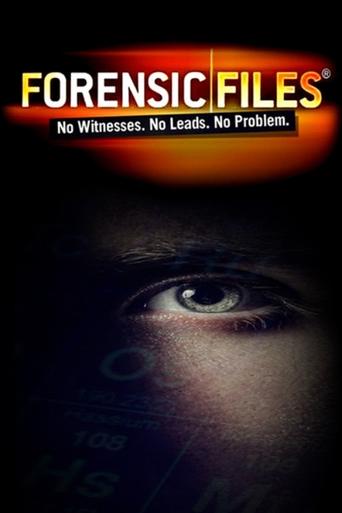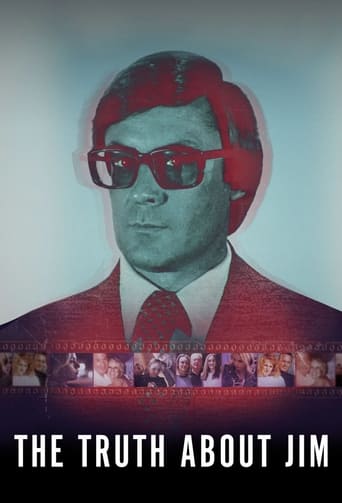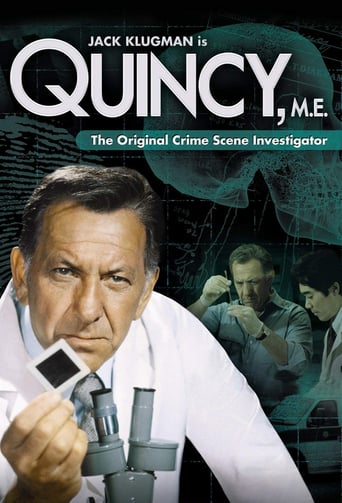Forensic Files Season 8
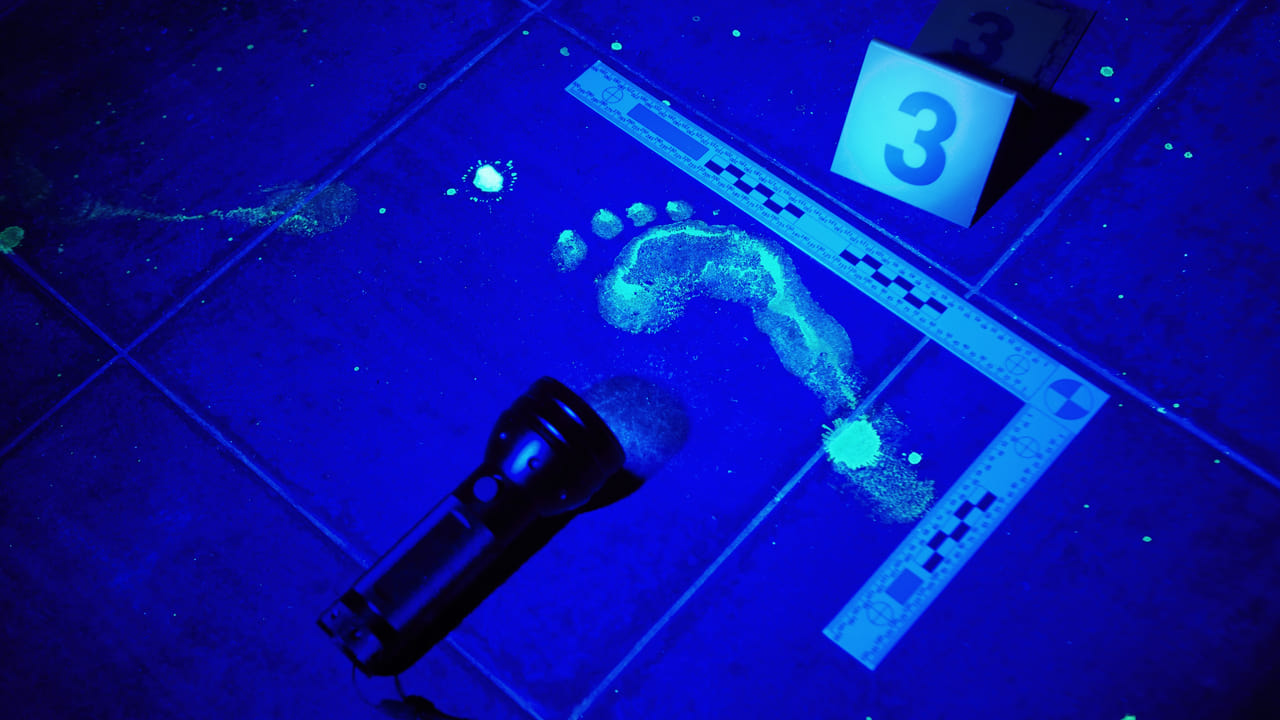
Real crimes, disease outbreaks and accidents around the world are solved by experts using scientific laboratory analysis which helps them find previously undetectable evidence. Brilliant scientific work helps convict the guilty and free the innocent.
Watch NowWith 30 Day Free Trial!
Forensic Files
1996 / TV-14



Real crimes, disease outbreaks and accidents around the world are solved by experts using scientific laboratory analysis which helps them find previously undetectable evidence. Brilliant scientific work helps convict the guilty and free the innocent.
Watch Trailer
With 30 Day Free Trial!
Forensic Files Season 8 Full Episode Guide
A fire erupted in Kings Cross Station in London, killing 31 people and injuring dozens more. Investigators pinpointed the cause of the fire, but it took state-of-the-art technology and fluid dynamics experts to explain why it became a deadly inferno.
AD
In 1993, the Amtrak Railroad experienced the deadliest train crash in United States history when the Sunset Limited derailed while crossing Alabama's Big Bayou Canot bridge. Forty-seven passengers and crew were killed; scores more were injured.
AD
It was supposed to be a routine motorcade for the Queen of England. But on the way to Yosemite National Park, a car carrying three Secret Service agents collided with a car driven by a deputy from the local sheriff's office.
AD
A mysterious computer crash pushed a thriving manufacturing company to the brink of collapse, jeopardizing the jobs of hundreds of employees. There was no apparent cause; there were no obvious clues. Forensic investigators had to determine if the crash was the result of a computer defect, human error, or sabotage. [also shown as S10:E14]
AD
A sixteen-year-old girl is killed in her own home by her mother and father. Her parents said they acted in self-defense, but the forensic evidence indicates otherwise. Definitive proof would come from an unlikely source: a recording made by an FBI electronic surveillance device. [also marked as S8:E28]
AD
A computer crash pushes a manufacturing company to the brink of collapse. Investigators must determine if the crash was the result of a sabotage.
AD
When teenager Rosemary Anderson is found dead on the side of the road, her boyfriend eventually confesses to her murder, but in a strange twist, so does another man – serial killer, Eric Edgar Cooke. It would take the passage of another forty years, an author, and an expert in the field of pedestrian accident reconstruction to determine who was telling the truth. [also marked as S8:E26]
AD
A drive-by shooting leaves one man dead and another seriously wounded. Cell phone calls and shell casings point to a suspect, but authorities are unable to place him at the crime scene. When a forensic geologist compared soil from the crime scene with soil found in the wheel wells of the suspect's car, he proved that dirt is anything but dumb.
AD
On November 8, 1999, Bruce Miller was found shot to death in the office of the Michigan auto-salvage shop he owned. There were no clues or forensic evidence found at the scene. But computer forensic experts found evidence of a crime that had everything - sex, lies and a video tape. [also marked as S8:E24]
AD
No one in a quiet residential community saw or heard anything unusual the day one of their elderly neighbors was brutally attacked and murdered. Fingerprints found at the crime scene and surveillance video from a security camera help investigators to apprehend the presumed killer within twelve hours, even though he'd already left the state on a bus, headed for New York City. [also marked as S8:E23]
AD
A pipe bomb rips through a rural home killing a young man and seriously injuring his mother. A lot number on a 9-volt battery and the remnants of a mailing label found on a computer's hard drive enabled investigators to determine who sent the bomb, and why. [also marked as S8:E22]
AD
The body of a wealthy American businessman was found in his rental car. Teeth and bone fragments were the only remains. When the victim's wife files an insurance claim for $7 million, investigators seek the help of a renowned forensic anthropologist.
AD
Two different men called police to report the same murder. Apparently, neither one knew that the other had called. The investigation uncovered even more unusual circumstances.
AD
A suspicious fire swept through an apartment killing two young women. The cause of the fire and the identity of the victims were unclear. But a closer look at the fire scene revealed something hidden in the ashes.
AD
A retired police officer is discovered in his bed, dead of a single gunshot wound to the head. His wife first says the motive was robbery; then she tells police he committed suicide. It would take careful examination of the evidence at the crime scene, the tape from a bank surveillance camera, and forensic textbooks found in the victim's home to write the final chapter of this real-life whodunit. [also marked as S8:E19]
AD
In the summer of 1986, Kathleen Lipscomb's body was found on a deserted road outside of San Antonio. Months passed, then years, and the crime was never solved. Then Kathleen's family hired a private investigator, who discovered her diary.
AD
A healthy young man dies mysteriously in his sleep. There are no signs of trauma or injury, but toxicology tests reveal a lethal dose of lidocaine in his blood. Investigators find a suicide note, and presume he killed himself until a forensic linguist examines the note and determines that what the victim said is less important than how he said it.
AD
For six years, a serial killer prowled the streets of New York City. He wrote letters to police and The New York Post, indicating he would kill twelve people, one for each astrological sign.
AD
Just weeks before a witness is to testify against the man accused of sexually assaulting her, she is murdered in the front yard of her own home. Investigators immediately suspect her attacker, but they don't have enough evidence to prove his guilt.
AD
When an 11-year-old girl disappeared from a small town in a remote area of Alaska, investigators wondered if she'd been attacked by a bear or become lost in the dense woods. It turned out neither was true.
AD
A woman is found dead in a ravine, but crucial crime scene evidence had been washed away by severe thunderstorms. Twice, the trail turned cold. Almost 20 years later, an old hat and a chip of stainless steel brought the killer to justice.
AD
For years, a woman suffered from what appeared to be the unpleasant side effects of lithium, a drug prescribed to treat bipolar disorder. When she died, investigators had to determine if her death was due to natural causes, suicide, or murder.
AD
Police are dispatched to the scene of a shooting, and discover the victim's husband is one of their own: a homicide detective who says his wife accidentally shot herself in the head. The detective maintains he called 911 immediately, but the evidence seems to indicate otherwise. [also marked as S8:E10]
AD
A young TV news producer is raped and murdered in her apartment. Police identify two suspects, but both are cleared of any wrongdoing. The case stalls for more than a year, and then investigators turn to the Commonwealth of Virginia's DNA Databank.
AD
With no forensic evidence inside a murder scene, investigators were baffled. But they suspected that the victim's dog had witnessed the crime. If she had, forensic scientists would have to find a way to find out what the dog had seen.
AD
Two men were murdered, while sleeping in their bed. One night later, an arson fire destroyed a family planning clinic. Investigators wondered, wherether some shards of glass, paintchips and a chicken feather, could link for what appeared to be, two separate crimes.
AD
When Firefighters found an entire family dead, inside their home, it looked like a murder-suicide, but there were several inconsistent clues in the rubble. Could ballistics, a time card, and some secret audiotapes unravel the mystery?
AD
A police officer accused of killing his estranged wife insists she committed suicide. Investigators say it was murder – that it was physically impossible for the woman to have shot herself. The crime scene evidence is interpreted differently by the defense and prosecution, and the jury must decide if the victim's death was suicide or cold-blooded murder.
AD
A man tells police he shot an intruder who had attacked and murdered his wife. The husband paints a tragic picture and is dubbed a hero. Four years later, forensic evidence leads police to re-examine the motives of this so-called hero.
AD
A union official is executed in his home not long after a strike by the union membership. Neither his wife nor anyone in the neighborhood heard any gunshots. It would take a forensic sound test, an electron microscope, and a nightgown to explain why.
AD
A man is found dead in his home, and his ex-wife has a perfect alibi. To determine time of death, investigators need to know when the victim ate his last meal. An endocrinologist, a forensic botanist, and a short-order cook answer their question.
AD
Police were puzzled by an obscure print found at a crime scene where one man had been killed and two teenage girls were seriously injured. Neither of the girls could identify their attacker. But one simple clue helped track the footsteps of a killer.
AD
Time of death becomes pivotal after a pregnant woman is found murdered in her air-conditioned bedroom. A striking similarity between her death and an HBO movie gives examiners the clues they need to thaw out the alibi of a cold-blooded killer.
AD
A 34-year-old nurse experiences a variety of flu-like symptoms. None of her doctors are able to discover the cause, until she visits the gynecologist for a routine check-up. Then she learns it's something far worse than the flu.
AD
A woman's death in Pennsylvania triggers a homicide investigation into another woman's death in North Carolina. The similarities in the cases were striking, and examiners must determine if the suspect's story about accidental drowning is all wet.
AD
At a murder scene, investigators find a shoe-print, several foreign hairs, and unknown fingerprints. But they believe the most telling piece of evidence is the bite mark on the victim's chest.
AD
In 1993, the state of Florida was known for more than just Disney World. Worldwide attention focused on a rash of robberies which targeted tourists. Some vacationers were killed in these attacks, but some fought and survived, despite severe injuries.
AD
A woman is shot to death in her store just one day before she is to testify against the man accused of robbing her. The robber becomes the prime suspect, but he has a solid alibi: a time-stamped videotape of his activities on the day of the murder.
AD
A mother of two vanishes after a shopping trip. Her body is discovered a month later. Witnesses say they saw the victim being forced into a car by an unknown person.
AD
In 1962, the people of the small town of Hanford, CA lost their sense of peace when one of their own, 15-year-old Marlene Miller, was murdered. Booker T. Hillery was convicted and after countless appeals, Hillery received a re-trial in 1983. Forensic scientists had to use new knowledge of microscopic evidence to be able to place Hillery at the scene.
AD
In 1999, a 12-year-old was found murdered in her home and it changed the feeling of security residents had in the small town of Waseca, Minnesota. Despite a meticulous search of the home and an exhaustive investigation, police had no suspects.
AD
A man died in his home after a long history of heart disease. It was assumed that this was the cause of his death. A few weeks after the funeral, rumors surfaced that the death was no accident.
AD
Free Trial Channels
Seasons


